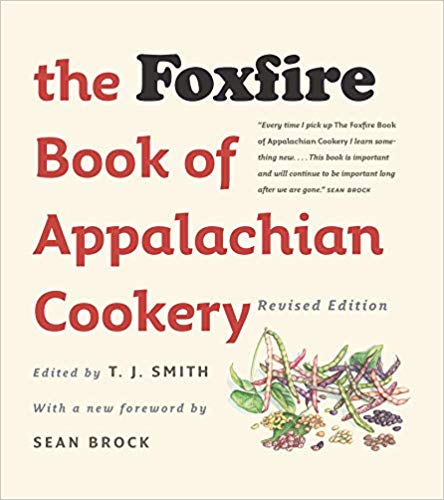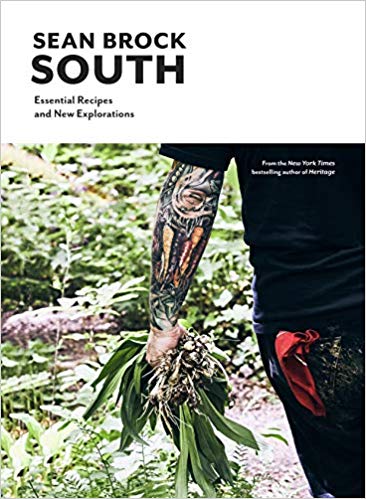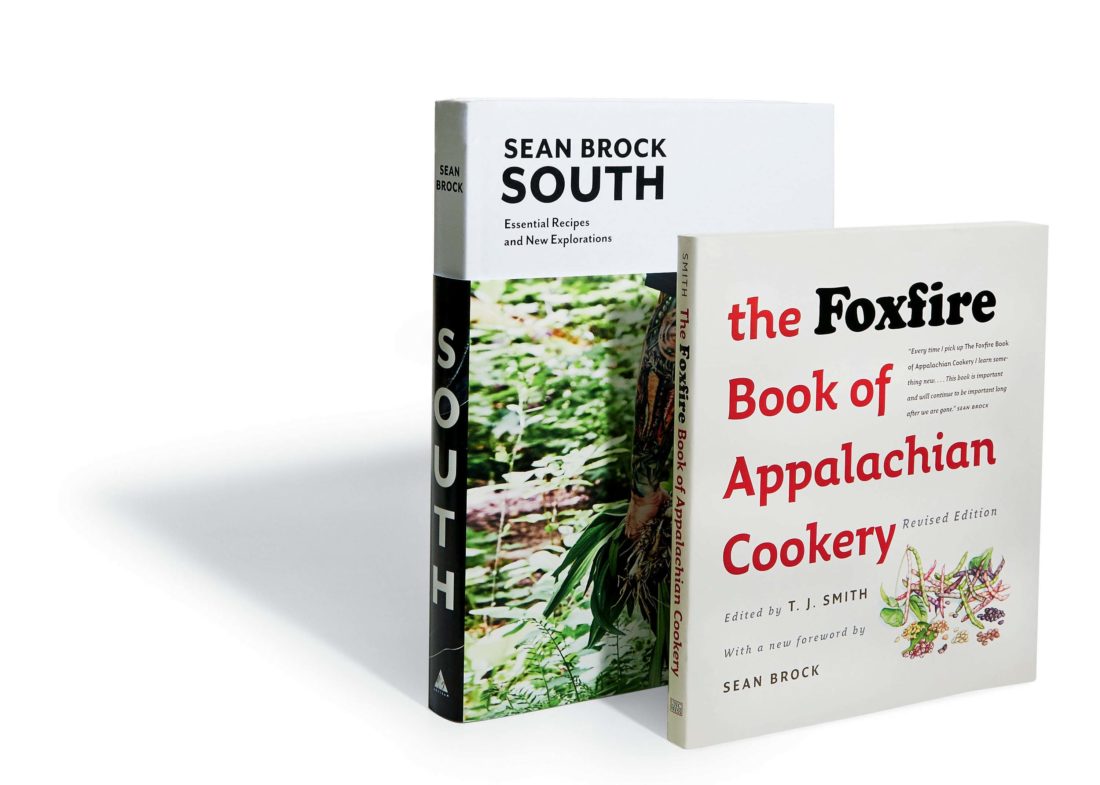Fans of Southern cooking do well to follow Sean Brock’s appetites, curiosities, and whims; almost always, something delicious this way comes. Whether he is rejuvenating Southern cuisine at the restaurants he’s helmed—most notably at Husk, which spread from Charleston, South Carolina, to three more cities—or leading a PBS camera crew, Brock has juggled a panoply of roles: chef, revivalist, archivist, farm-to-table evangelist, the Duane Allman of vegetables, the Alan Lomax of heirloom grains, a dispenser of pleasure and history in equal bites. Recently, Brock’s focus has narrowed—though the better word might be sharpened. For one, he got sober, selling his vintage bourbons and removing a verb—to “get Brocked”—from line-cook slang. In May, he severed ties with the restaurants he’d founded, Husk(s) included. Whatever direction Sean Brock was headed, it seemed, wasn’t backward. Except, in a way, it’s exactly that. Brock’s new concentration, which may surprise those who regard him as a Lowcountry maestro: the food and culture of Appalachia, to which he will pay homage with a 10,000-square-foot East Nashville restaurant complex, slated to open this winter.
It’s a swerve, but it carries a Brockian logic. The chef famously looks to the past to guide his cuisine; his mission has centered on the resurrection of heritage varietals of grains and vegetables. The look back this time, however, is to his own history. Brock was born in Wise County, Virginia, “butted right up against the Kentucky state line,” he writes in the foreword to the revised edition of The Foxfire Book of Appalachian Cookery, out in September. “I grew up around rough and tough coal miners and even stronger Appalachian women who all shared a deep love for good food, family, and hospitality.” He was raised “the Appalachian way: running barefoot around the garden and in the kitchen by my momma’s side.” Shrimp and grits, and Pappy Van Winkle, would come much later.

The Foxfire series, of course, requires no introduction, though Brock’s foreword is a welcome reaffirmation of what the books have meant to Appalachians raised to believe that culture was something outside the mountains, not of them. What may require introduction, to those unfamiliar with the foodways of the Mountain South, are endemic dishes such as leather britches, greasy beans, corncob jelly, creasy greens, and bleached apples. A few worthy cookbooks have explored these foods (Ronni Lundy’s Victuals tops the list), but the Foxfire volume, updated from its 1984 edition, is a warm, garrulous starting place. You’re always, with a Foxfire book, at the knees of wise elders, and it’s a wild privilege to be there. The recipes, interspersed with documentary photos and oral histories, may provide the nutrition, but the voices of those elders supply the gravy. “It’d keep all winter long,” recalls Rabun County, Georgia’s Ada Kelly, about the big barrels of sauerkraut folks would make at harvesttime. “You’d just go to that tub and dip out the kraut and fry it a little. That was it except to eat it.” As Brock rightly notes: “A special connection to the food forms when I am able to picture the time and place of these amazing people through the high art of Appalachian storytelling.”
Brock is far from alone in wanting to revitalize Appalachian cooking. A band of like-minded chefs—Virginia’s Travis Milton and Mike Costello of West Virginia’s Lost Creek Farm among them—have been carrying the torch. But the might of Brock’s influence may portend a turning point in how the cuisine is regarded, both at home and in the wider culinary sphere.

In the meantime, Brock isn’t entirely finished with the sea-level South. His second cookbook, South: Essential Recipes and New Explorations, arrives in October and in many ways serves as a greatest-hits compilation. Among the standouts: Groundnut Soup (with Boiled Peanut Miso), Crispy Pig’s Ears with Pimento Ranch, and, pointing toward his new/old orientation, Canned Greasy Beans and Sour Corn Chowchow. “There are always stories waiting to be discovered and, more important, delicious ingredients and dishes waiting to be reinvigorated and devoured,” he writes, in what you could take as a mission statement. But Brock isn’t drawing the lines too tightly. “Soul food is soul food wherever you are. We are all chasing the same sensations or emotions.”









